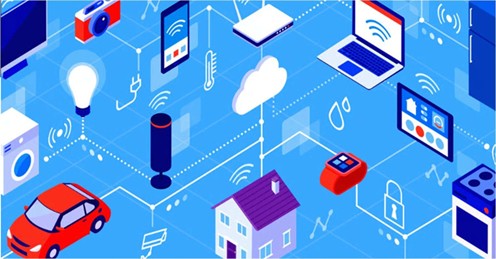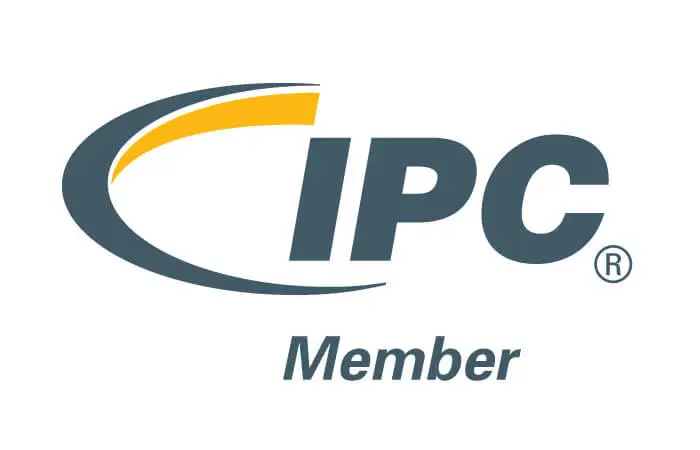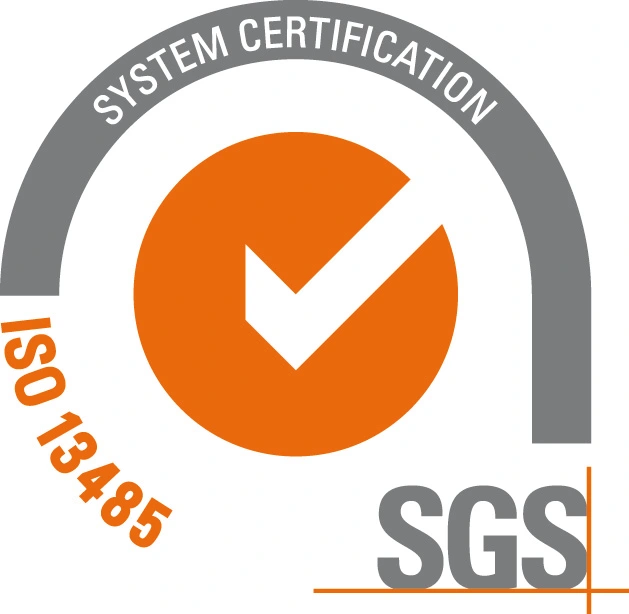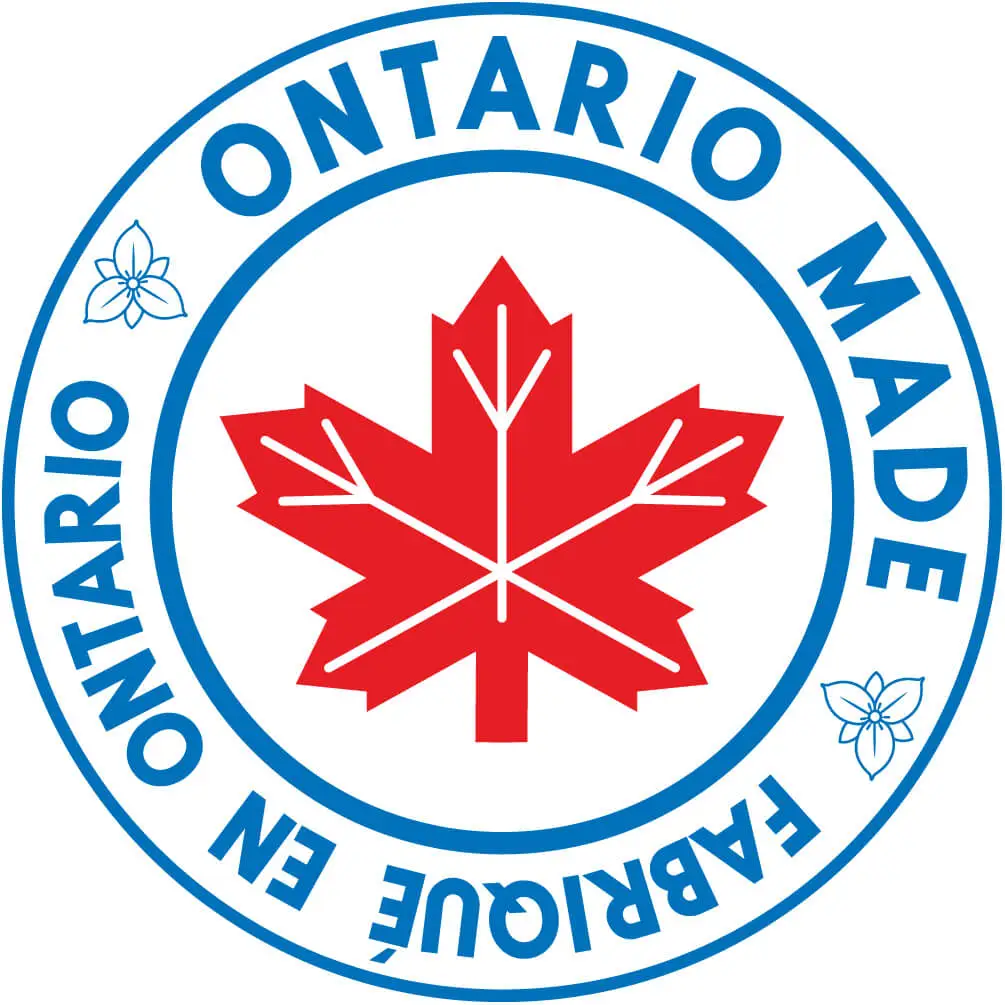TURN-KEY PCB ASSEMBLY: BITTELE ELECTRONICS
PCB MANUFACTURING AND ASSEMBLY
Full Turn-Key PCB Manufacturer
You can quickly get quotes and order PCB fabrication and assembly using our online system. Take advantage of exclusive automatic discounts with our tool. Our BOM pricing tool ensures you receive the lowest price for your order.
START A TURN-KEY PCB ORDER
IoT in PCB Assembly
The adaption of the Internet of Things (IoT) into Printed Circuit Board Assembly (PCBA) is revolutionizing electronics manufacturing by enabling smarter, real-time data analytics, and more connected devices. This transformation impacts design, production, and lifecycle management, necessitating new strategies to meet the complex demands of IoT applications.

Introduction to IoT in PCB Assembly
IoT devices depend strongly on PCBs to simplify linkage or connection, data gathering, and power handling capability. The growth of IoT across industries ranging from healthcare to agriculture has led to a surge in demand for PCBs that are compact, energy-efficient, and capable of supporting wireless communication. This evolution challenges traditional PCB assembly processes to adapt to the unique requirements of IoT technologies.
Key Considerations in IoT PCB Assembly
- Miniaturization and High-Density Interconnects (HDI): IoT devices typically require a small and compact form factor, driving the need to reduced PCB sizes and pushing the boundaries of area restrictions. Production process such as Surface Mount Technology (SMT) and HDI allowing of more components into limited spaces, essential for wearables and compact sensors.
- Power Efficiency: Several IoT devices run on battery power, requiring ultra-low power dissipation. Design strategies include implementing sleep modes, duty cycling, and choosing proper components to lengthen battery life.
- Wireless Connectivity and Antenna Design: Integrating wireless protocols such as Wi-Fi, Bluetooth, and Zigbee requires precise antenna placement and impedance matching to ensure reliable communication without interference.
- Thermal Management: Even with low power usage, the high-density placement of components can lead to heat buildup. Efficient thermal management using heat sinks, thermal vias, and conductive materials is crucial to maintain device reliability.
- Security and Data Privacy: As IoT devices handle sensitive data, incorporating hardware-level protection like encryption and secure boot processes into PCBs is critical to protect against cyber threats.
Challenges in IoT PCB Assembly
- Design Complexity: Balancing functionality with size constraints increases design complexity, requiring advanced simulation and testing methodologies.
- Scalability: Transitioning from prototype to mass production can be demanding due to the need for constant high quality and the ability to adjust to design changes rapidly.
- Supply Chain Disruptions: Global events can significantly affect component availability, requiring adaptable sourcing plans and flexible supply chain to mitigate disruptions.
- Regulatory Compliance: Ensuring that PCBs meet various international standards and regulations adds complexity to the design and manufacturing processes.
Future Trends in IoT PCB Assembly
- Flexible and Stretchable Electronics: The development of flexible PCBs allows for innovative device designs, particularly in wearables and medical devices, enabling electronics to conform to various shapes and movements.
- Advanced Materials: The use of materials like polyimide and PTFE enhances thermal capability and signal reliability, crucial for high-frequency IoT applications.
- Incorporate of AI and Machine Learning: AI-driven design devices and predictive preservation systems improve manufacturing efficiency, defect detection, and process enhancement.
- Energy Harvesting: Incorporating energy harvesting technologies into PCBs can reduce reliance on batteries, enabling devices to operate longer and in remote locations.
- Sustainable Manufacturing: Focus on eco-friendly materials and processes with the goal to lessen the environmental effect of PCB production, aligning with global sustainability goals.
In summary, the integration of IoT into PCB assembly is driving significant advancements in design and manufacturing processes. Addressing the challenges and embracing emerging trends will be key to developing efficient, reliable, and innovative IoT devices.
For more information about our capabilities or to send us your PCB Design Files for an official quotation, please feel free to Contact Us any time! We can be reached via email at sales@7pcb.com or call at 1-416-800-7540.
Related Articles:
Please briefly describe the information you are seeking in the search bar below.






 English
English